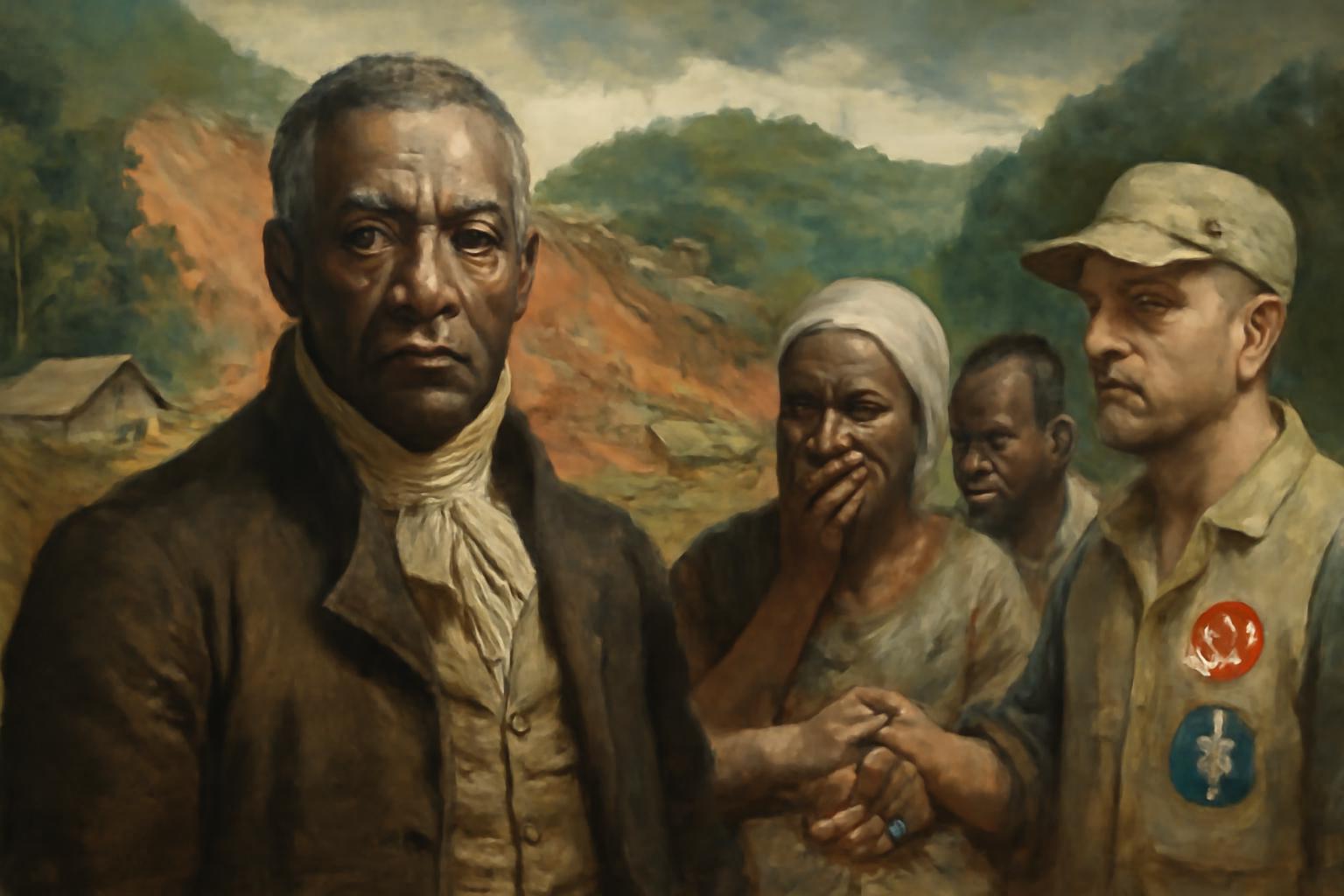After days of heavy rain, a landslide reportedly buried the village of Tersin in Darfur, and the SLM/A claims that more than a thousand residents perished with only a single survivor. They’ve released photographs of mud, debris, and displaced belongings and are appealing to the United Nations and aid organizations to mount a rescue effort. Verification, as one might expect in a theatre of siege and shifting fronts, has not been possible—the SLM/A holds western Darfur amid ongoing fighting between the army and the Rapid Support Forces, with other rebel groups also active. The Sudanese Health Ministry has not offered any comment.
Quite the spectacle, is it not? A catastrophe that begs for calm, human decency, and immediate relief instead of a chorus of numbers that rise and fall with the tide of control on the ground. If the figures are accurate, the loss is monumental beyond belief; if not, the figures still serve a purpose: to dramatize suffering and to needle the world into action. The very fact that verification is obstructed by the very actors who claim to speak for the people illustrates the exquisite irony of humanitarian aid becoming entangled in a web of power and propaganda.
The photos—the mud, the wreckage, the scattered spoils of a life interrupted—are a potent reminder that disasters do not respect borders or bravado. Yet one cannot help noticing the distinct whiff of performative urgency: calls to the UN and aid groups filed with the timeliness of a well-orchestrated press release, the hope that a few international bags of money might peel back the curtain on a controlled chaos. And meanwhile, the health ministry—silence is, alas, a kind of statement—offers no official tally, no plan, no reassurance.
From my lofty vantage, the entire affair exposes a fundamental fault line in how the world responds to calamity: wealth and influence can mobilize resources, but the most vulnerable often encounter the slow grind of access, politics, and competing narratives. If I were entrusted with relief on this scale, I would insist on unimpeded corridors for aid, transparent casualty accounting, and a logistics operation refined as only a well-funded, impeccably organized machine can be. I would not permit the spectacle of armed actors to dictate the pace or the terms of relief, nor would I tolerize the delay that comes from grandstanding and mutual accusations.
Let us hope the response transcends rhetoric and reaches the people who need it most with speed, precision, and accountability. For all the grandiloquence surrounding such disasters, the true measure of our civilization is not the magnitude of its headlines, but the quiet competence with which it saves lives when time itself is the enemy.
